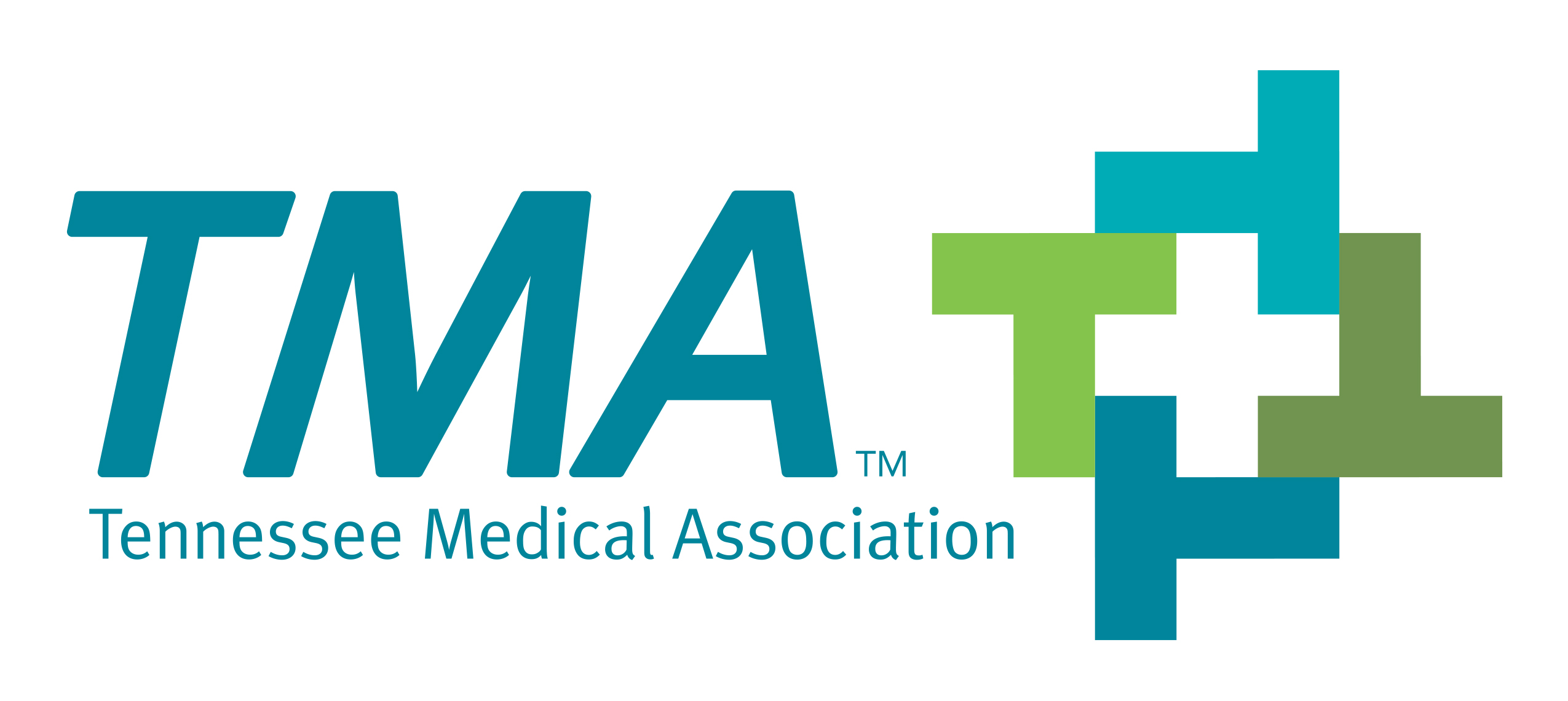Governor Delivers State of the State Address, Legislators Target Abortion-Inducing Drugs

Governor Delivers State of the State Address, Legislators Target Abortion-Inducing Drugs
On Monday, Gov. Bill Lee delivered his seventh State of the State address to a joint session of the Tennessee General Assembly, unveiling his legislative priorities and proposed spending for the upcoming fiscal year. The $59.5 billion budget earmarks major investments across several key sectors, including education, infrastructure, energy and agriculture. Notably, the budget provides no new tax cuts for Tennesseans this year, dashing hopes for both Republican and Democratic-backed proposals aimed at eliminating taxes on groceries.
Among Lee’s top priorities include funding for K-12 education, childcare, new roads, farmland and watershed preservation, nuclear energy and aviation. The proposed budget also allocates $90 million to healthcare initiatives, including the Dental Safety Net Care Fund, tobacco cessation programs, cancer screening programs and rural health training programs.
An abbreviated breakdown of the 2025-2026 FY budget can be found here. The full budget overview can be found here.
ABORTION-INDUCING DRUGS
A bill targeting the distribution of drugs like mifepristone and misoprostol is up for a vote in the House Population Health Subcommittee next week, and TMA is working to educate lawmakers about the unintended consequences of passing such legislation.
Dubbed the “Unborn Child Protection Act of 2025,” SB194/HB26 as filed by Sen. Joey Hensley (R-Hohenwald) and Rep. Gino Bulso (R-Brentwood) would prohibit the distribution of abortion-inducing drugs by mail or delivery, and subject violating entities to a $5 million civil penalty if their use results in the death of an unborn child.
Under present Tennessee law, healthcare providers are already prohibited from sending abortion-inducing drugs to patients. This legislation would target the supply chain industry, which could dissuade companies from mailing these medications to Tennessee to avoid potential liability. In turn, patients with legitimate medical issues unrelated to illegal abortions could be impacted. According to the Tennessee chapter of the American College of Obstetricians and Gynecologists (TN-ACOG), these medications are used for a wide range of treatments, including miscarriage and postpartum hemorrhage, inducing labor for high-risk pregnancies and dilating the cervix to diagnose for conditions like uterine fibroids, polyps or endometriosis, among many other indications.
In addition to the risks to patients, the bill would substantially increase the risk of civil lawsuits filed against OB/GYNs and threaten the caps on non-economic damages TMA has defended for over a decade.
Guided by House of Delegates policy which promotes the "unobstructed access" to these drugs, TMA is actively opposing the measure as filed.

